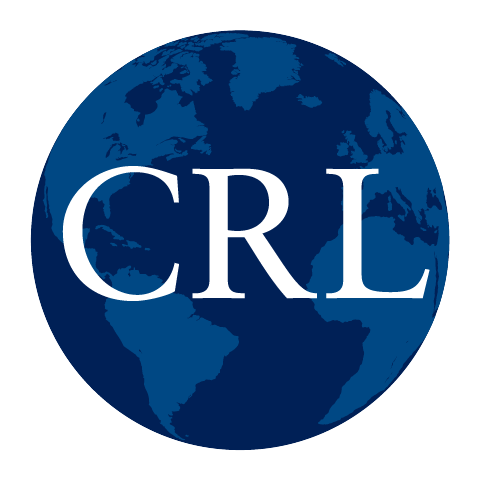Angóla
Is tír san Afraic í Angóla, nó Poblacht Angóla, mar a thugtar uirthi go hoifigiúil, nó República de Angola as Portaingéilis. Tá sí ag críochantacht leis an tSaimbia thoir, an Namaib theas, agus Poblacht Dhaonlathach an Chongó thuaidh, ach tá eachtarchríoch bheag, Cabinda, suite idir an dá Chongó (Poblacht an Chongó agus Poblacht Dhaonlathach an Chongó). Is é an tAigéan Atlantach an teorainn thiar. Is í Luanda an phríomhchathair, agus cúig mhilliún duine ina gcónaí ansin - aon cheathrú cuid de mhuintir na tíre go léir, beagnach. Cathracha tábhachtacha eile iad Benguela, Sumbe, Lubango agus Namibe, mar shampla.Is í an Phortaingéilis an teanga oifigiúil náisiúnta, agus í á labhairt go forleathan mar theanga dhúchais in Angóla, fiú ag na bundúchasaigh. Glactar leis go bhfuil sí ó dhúchas ag 80 % de mhuintir na tíre. Is í an teanga ''Kimbundu'' an ceann is tábhachtaí de na teangacha bundúchasacha, agus is teanga Bhantúch í, cosúil leis an Svahaílis. Arna chur ar fáil ag Vicipéid
-
1
-
2Luanda (pub. -Nov. 10, 1975)
-
3de réir Machado, Fernando de Utra
Foilsithe / Cruthaithe 1913Loanda : Imprensa Nacional, 1913.[2], 178, [5] p., [2] leaves of plates : ill., map ; 25 cm.“...Angola...”
-
4Foilsithe / Cruthaithe 1975Luanda [Angola] : Imprensa Nacional, 1975-v. ; 31 cm.“...Angola...”
-
5[Luanda] Administração da Impr. Nacional.v. 34 cm.“...Angola...”
-
6Foilsithe / Cruthaithe 1934[Luanda?] : Govêrno Geral de Angola, [1934?]1 v. (various pagings)“...Angola...”
-
7Foilsithe / Cruthaithe 1975Luanda : Administração da Impr. Nacional de Angola, -1975.v. ; 33 cm.“...Angola...”
-
8Foilsithe / Cruthaithe 1950Luanda : Imprensa Nacional de Angola, 1950-volumes : illustrations (folded tables)“...Angola...”
-
9Foilsithe / Cruthaithe 1913Loanda : Imprensa Nacional, 1913.[1], 1089 p. : ill. ; 25 cm.“...Angola...”
-
10Foilsithe / Cruthaithe 2010[Angola?] : [publisher not identified], 2010.1 online resource (88 pages, pages 2-5) : color illustrations“...Angola...”
Center for Research Libraries
Rochtain ar líne -
11Foilsithe / Cruthaithe 1992[Luanda?] : [publisher not identified], [1992?]1 online resource (47 unnumbered leaves)“...Angola...”
Center for Research Libraries
Rochtain ar líne -
12Foilsithe / Cruthaithe 2010[Luanda] : National Assembly, [2010]1 online resource (93 pages) : color illustrations“...Angola...”
Center for Research Libraries
Rochtain ar líne -
13Foilsithe / Cruthaithe 1934[Luanda?] : Govêrno Geral de Angola, [1934?]1 online resource (1 v. (various pagings))“...Angola...”
Center for Research Libraries
Rochtain ar líne -
14Foilsithe / Cruthaithe 1911Loanda, Impr. Nacional, 1911.251 p. tables. 24 cm.“...Angola...”
-
15Foilsithe / Cruthaithe 1912Loanda, Impr. Nacional, 1912.80 p. 25 cm.“...Angola...”
-
16O Cuzana desde Quibinda a Cumanga. Relatorio da viagem realizada nos mêses du julho a agosto de 1905de réir Torre do Valle, Eugenio, 1879-
Foilsithe / Cruthaithe 1910Lisboa, Typ. Universal, 1910.138 p. illus. (incl. map.) 25 cm.“...Lunda (Angola)...”
-
17de réir Torre do Valle, Eugenio, 1879-
Foilsithe / Cruthaithe 1910Lisboa, Typ. Universal, 1910.1 online resource (138 p.) : illus. (incl. map.)“...Lunda (Angola)...”
Center for Research Libraries
Rochtain ar líne -
18Foilsithe / Cruthaithe 1926Lisboa : Imprensa Nacional, 1926.62 p. ; 23 cm.“...Angola...”
-
19
-
20
- 1
- 2
- 3
- 4
- Ar aghaidh
- [4]

